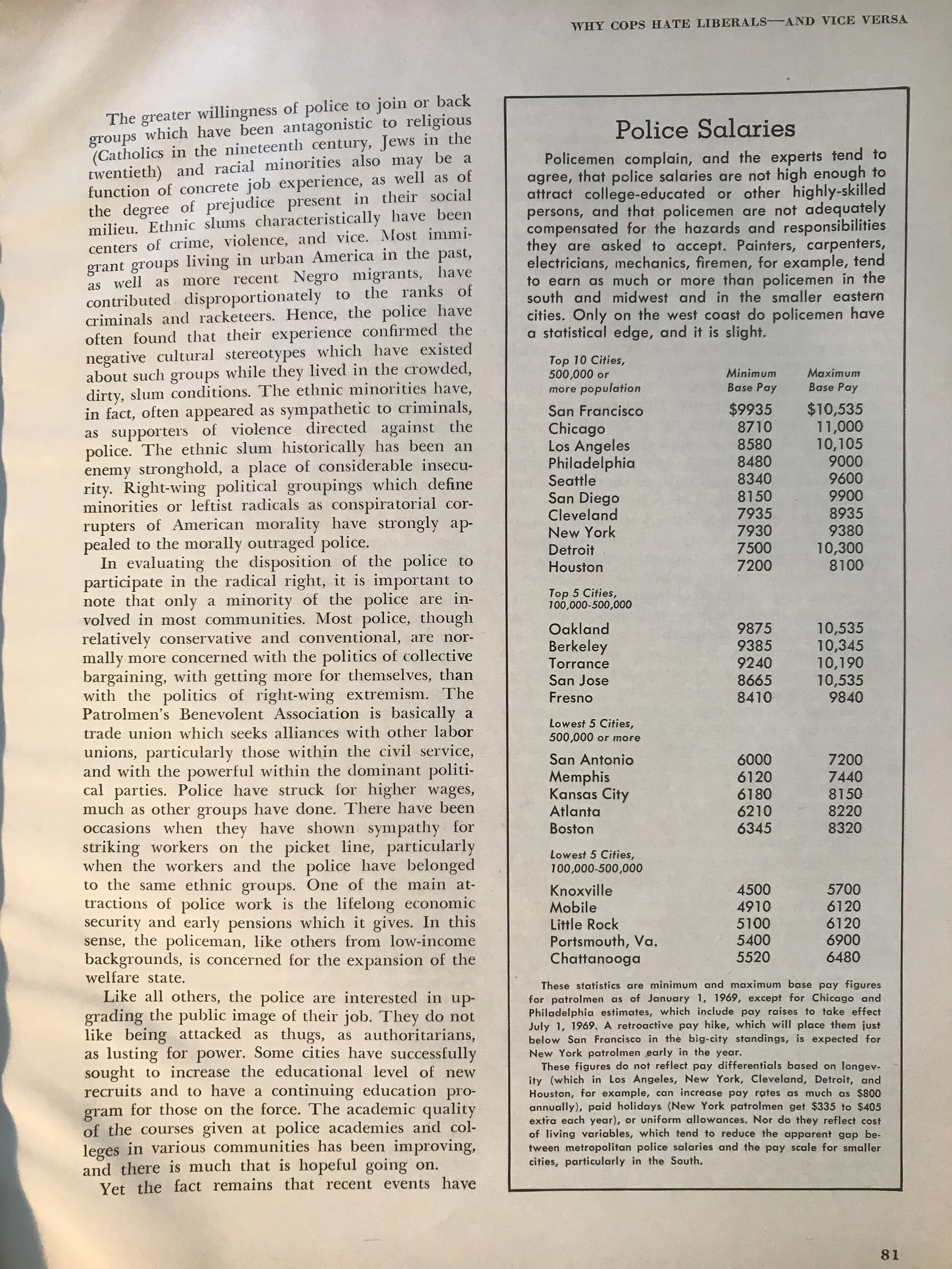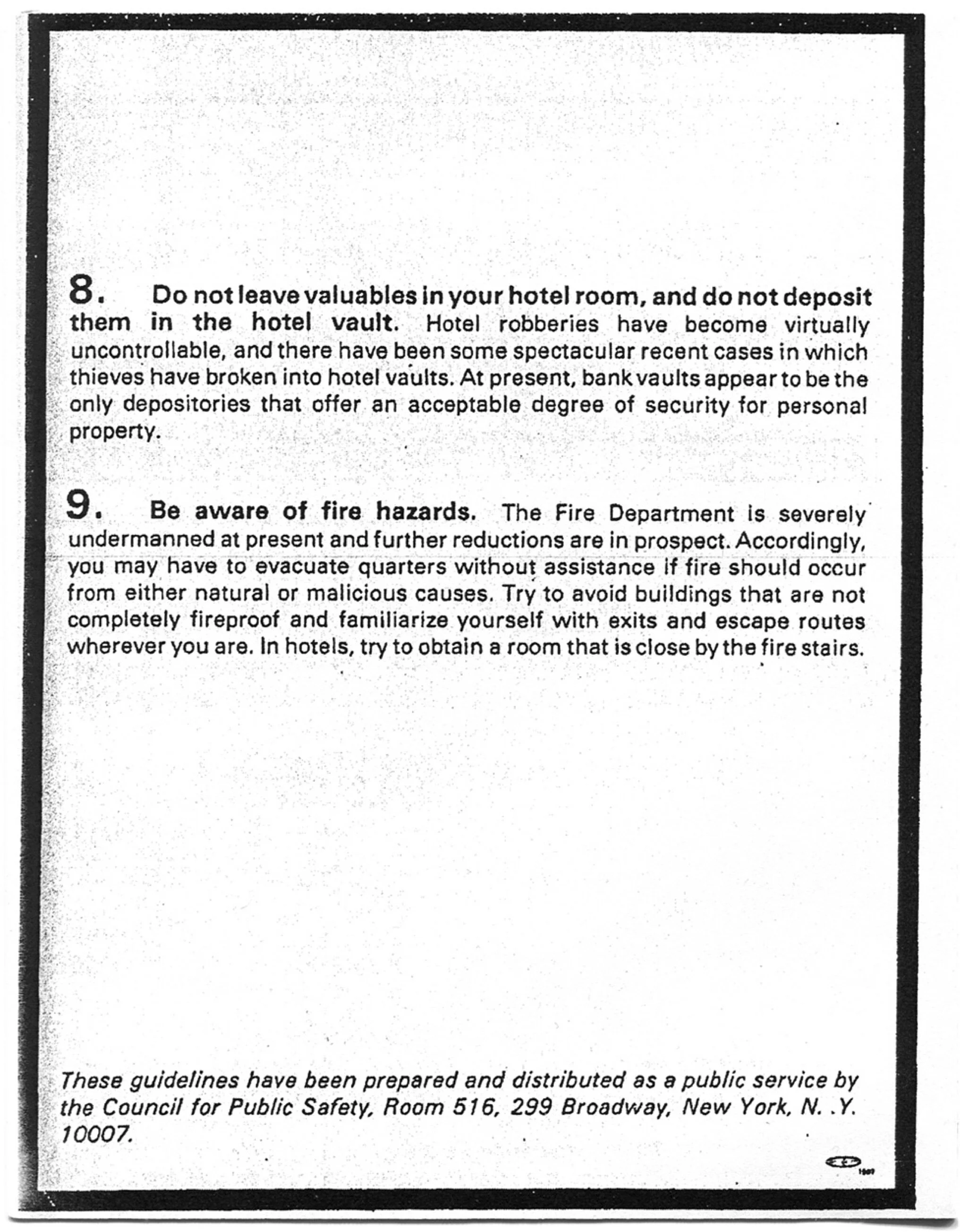
Episode 2: ‘Starring the NYPD’
How the New York cop movies of the 1970s sculpted (and whitewashed) the public perception of the NYPD.
The New York movie and the New York cop movie are inextricably intertwined – so much so that the first major studio picture of the talking era to be shot in New York, The Naked City, was a cop movie. But in the years following the protests and policing reforms of the 1960s, Gotham cop movies like The French Connection and The Seven-Ups focused on a specific kind of New York cop, who could only clean up the mean streets if he bent those pesky rules. This episode contrasts the NYPD of film and television to the real department – one that was, in the same era, rife with graft, corruption, and worse – and reexamines that messaging within the current national conversation about policing.
Our guests are MSNBC’s Chris Hayes, The Undefeated’s Soraya Nadia McDonald, and film writer Zach Vasquez, with special appearance by Karina Longworth.
Listen to the episode here.
Subscribe on Apple Podcasts, Spotify, Overcast, or your podcatcher of choice.
SHOW NOTES
You can watch more of the opening clip from The French Connection here.
The Naked City was just released on Blu-ray from The Criterion Collection – you can buy it here. It’s also currently streaming on The Criterion Channel and HBO Max.
For more on the scandal that rocked the department right after the release of The Naked City, read “The Mayor and the Mob” by David Samuels in Smithsonian, here.
Most of this early history of civilian complaints and the NYPD is from Marilynn S. Johnson, Street Justice: A History of Police Violence in New York City. Beacon Press, 2003. Additional insights from Christopher Wilson, Cop Knowledge: Police Power and Cultural Narrative in Twentieth-Century America. University of Chicago Press, 2000.
Audio of the 1964 Harlem riots found here and here.
The clip from John V. Lindsay’s campaign commercial is from the PBS special Fun City Revisited: The Lindsay Years. You can watch it in its entirety on Vimeo.
Lindsay and the civilian complaint board from Marilynn S. Johnson’s Street Justice and from Sean Deveney, Fun City: John Lindsay, Joe Namath, and How Sports Saved New York in the 1960s. New York: Sports Publishing, 2015. New York Times coverage is here.
The Nixon ad clip is from this National Constitution Center overview of Miranda.
Law Enforcement Group of New York information is also from Marilynn S. Johnson’s Street Justice. Read the New York Times’ initial coverage here, and coverage of the LEG’s attack on the group of Black Panthers and sympathizers here.
Zach Vasquez was interviewed on August 25, 2020. His excellent piece on cop movies of the ‘70s, which digs deeper into these issues, can be found here. You can read more of his work here, and follow him on Twitter.
Soraya Nadia McDonald was interviewed on September 4, 2020. Her incredible piece on George Floyd is here. You can read more of her work for The Undisputed here, and follow her on Twitter.
Clips from Madigan and Coogan’s Bluff (both 1968) and Dirty Harry (1971), all directed by Don Siegel.
Clips from The French Connection (1971), directed by William Friedkin.
Excerpt from William Friedkin, The Friedkin Connection: A Memoir. New York: Harper-Collins, 2013.
Clips from Across 110th Street (1972), directed by Barry Shear. It’s currently streaming on Amazon Prime.
Karina Longworth played Pauline Kael. Her excellent podcast is You Must Remember This, which you can hear everywhere, and her many wonderful books are here. You can also follow her on Twitter.
The excerpt is from Kael’s review “Urban Gothic,” published in the New Yorker’s October 30, 1917 issue; you can read it on the New Yorker’s site here.
Clips from The Seven-Ups (1973), directed by Philip D’Antoni.
You can check out the entire “Fear City” pamphlet here, or in the gallery above.
There’s plenty in the New York Times archive on the Knapp Commission, but your best overviews are probably here and here. A look back (with more on “grass eaters” and “meat eaters”) here.
You can hear the This American Life segment on Adrian Schoolcraft here, and the Village Voice coverage of his story here.
Clips from Serpico (1973), Prince of the City (1981), and Q&A (1990), all directed by Sidney Lumet.
More on “bad apples” here.
Clips from The Super Cops (1974), directed by Gordon Parks, and Night of the Juggler (1981), directed by Robert Butler and Sidney J. Furie. Most of the films in this episode are available, if not on subscription streaming services, then for purchase or rental on Prime, iTunes, and the usual suspects. Night of the Juggler is not – in fact, it’s never been released on DVD or Blu-ray, and used VHS copies are currently going for over $100. So you can just watch that one on YouTube, here.
Information on the police riot of September 16, 1992, and the years thereafter, is from Marilynn S. Johnson’s Street Justice and Wayne Barrett (assisted by Adam Finfield), Rudy! An Investigative Biography of Rudolph Giuliani. New York: Basic Books, 2000. The New York Times coverage is here. Audio from the day comes from the documentary Giuliani Time (2005, directed by Kevin Keating) and from this NY1 report.
More on current NYC Mayor Bill De Blasio’s contentious relationship with the NYPD here.
Chris Hayes hosts All in with Chris Hayes, airing weeknights at 8pm ET on MSNBC. His podcast is Why is this Happening, and you can buy his books here.
The Adam Sewer piece that Chris mentions in his interview is here.
The video of the NYPD vehicles driving into the protest crowd can be viewed here. Nat sound is from the Black Disabled Lives Matter march in Brooklyn on September 19, 2020.
“Why Cops Hate Liberals, and Vice Versa” is from the March 1969 issue of The Atlantic. It cannot be found online – and we tried, ultimately buying a used copy of the issue on eBay. We’ve included the entire article in the gallery above.
Information on the Fraternal Order of Police’s Trump endorsement here, and the Police Benevolent Association endorsement here. Audio pulled from this video, tweeted by the Trump Campaign’s official Twitter account.
Music (in order of appearance):
Lafayette Afro Rock Band - Hihache
Bill Black’s Combo - You Call Everybody Darling
Jalen Warshawsky - Dollar Theatre
Jason Shaw - Groovy Baby
The Insider - A Little Woozy I Guess
The Insider - Right
Opening Theme:
Our opening theme features sound from the following films: The Taking of Pelham One Two Three, The French Connection, Sweet Smell of Success, Quick Change, The Freshman, Spike of Bensonhurst, The Seven-Ups, Prisoner of Second Avenue, Little Murders, Taxi Driver, Midnight Cowboy, Night of the Juggler, Rhythm Thief, Coogan’s Bluff, and Badge 373.






















